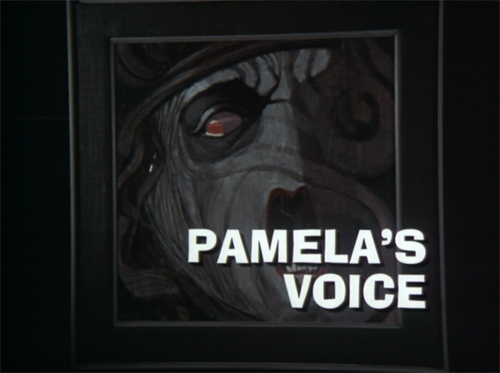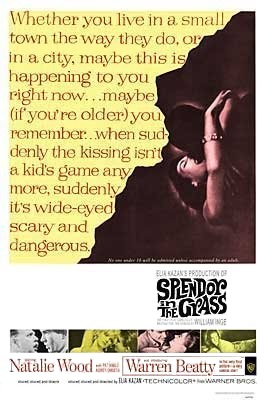Welcome to Late Night Retro Television Reviews, a feature where we review some of our favorite and least favorite shows of the past! On Mondays, I will be reviewing CHiPs, which ran on NBC from 1977 to 1983. The entire show is currently streaming on Freevee!
This week, Ponch rides with Getraer!
Episode 1.21 “Crack-Up”
(Dir by Phil Bondelli, originally aired on March 9th, 1978)
After causing an accident that lands Officer Baker in the hospital, street racer and tow truck drive Niles (Joey Aresco) has a psychotic break and decides that he wants to put as many police officers in the hospital as possible. He starts driving recklessly in his tow truck, all the better to get the attention of highway patrol officers. Soon, Officer Grossman has joined Baker in the hospital.
Meanwhile, with his partner laid up, Ponch faces his greatest nightmare. His temporary partner is none other than Sgt. Getraer! Getraer tells Ponch that he expects Ponch to do everything by the book. He expects Ponch to follow orders and observe official procedure. Ponch, however, is more concerned with saving lives and getting results than following the book. Ponch is a rebel!
And that’s fine, except for the fact that there’s never been anything about Erik Estrada’s performance that has ever made Ponch seem like he’s actually the rebel who everyone claims he is. Estrada plays Ponch as someone who is quick to smile and quick to brag on himself and quick to get annoyed if a motorist doesn’t pull over for him. In short, Estrada has always been convincing when he plays Ponch as being a jackass but far less convincing when it comes to convincing us that Ponch is a cop who deliberately breaks the rules for the greater good.
While Getraer and Ponch get on each other’s nerves, Baker lies in bed and insists that he’s ready to get back on his bike. Wanda (Phyllis Diller), who is visiting her husband in the hospital, frequently stops by to tell jokes. When I saw this episode was going to be co-starring Phyllis Diller, I cringed because CHiPs seems like the type of show that would screw something like that up. But actually, Diller gives a really good performance as Wanda and her scenes were the best in the episode. She told a lot of jokes but, as she admitted to Baker, she was only joking to distract herself from worrying about her husband.
In the end, things work out. Baker gets back on his bike. Getraer and Ponch come to respect each other. And, eventually, Niles the mad mechanic is captured. To be honest, it’s kind of weird that it took so long to capture Niles. After Baker was injured, Niles called the police to say that someone has stolen his car an hour or so before. He also got another mechanic, Ray (Gary Sandy), to lie and provide him with an alibi. But then, Niles went driving around in his tow truck and that’s what he was driving when he injured Grossman. So, really, a smart cop would have said, “Hey, that stolen car belonged to a tow truck driver and now, another office has been injured by someone driving a tow truck! Maybe we should go talk to that guy again….”
This episode was better than I was expecting, largely due to Phyllis Diller and the comedic interplay between Officers Grossman and Baker. As always, the California scenery was the real star of the show and the state looked lovely.







